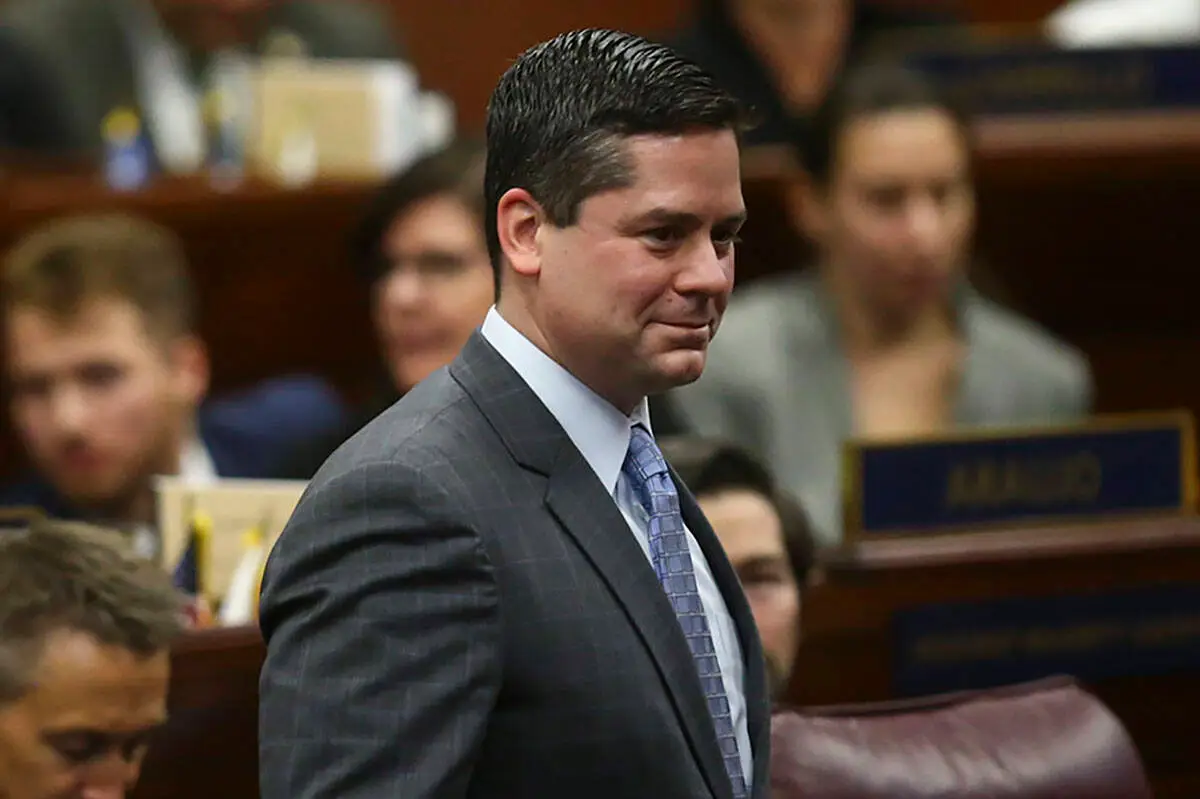Legislation in Carson City is under consideration to provide pay raises for public charter school teachers in Nevada. Assembly Bill 398, introduced by Speaker Steve Yeager, aims to address compensation for hard-to-fill positions, particularly in Title 1 schools and special education. An amendment to the bill proposes funding pay raises for charter school teachers, recognizing their contributions to educating Nevada’s future leaders.
Governor Joe Lombardo has emphasized the need for equal pay for public charter school teachers and has stated he will not approve an education budget lacking these provisions. The proposed funding for charter school teacher pay raises and educational support professional raises is estimated at $19.3 million per year, sourced from the general fund and allocated by the Interim Finance Committee.
The bill echoes the structure of a previous bill (Senate Bill 231) from 2023, which succeeded in raising salaries by about 20% and reducing vacancy rates across Nevada school districts. To further combat teacher shortages, the bill proposes an additional $5,000 to base pay for educators in positions with at least 5% vacancy rates, with an estimated cost of $45 million annually over the next biennium.
Yeager suggests using the state’s Rainy Day Fund, which holds approximately $1.3 billion, to support these initiatives, citing current challenges in filling educational positions. The proposal has garnered support from Republican legislators and charter school advocates, who view it as a fair step for public educators across different school models.
However, opposition has arisen from the Nevada State Education Association and education support professionals, who argue that the bill neglects crucial roles such as school bus drivers and paraprofessionals. Andrea Kelly, president of the Humboldt County Support Staff Organization, voiced concerns about the exclusion of these groups, suggesting it undervalues their contributions and risks driving them out of the profession.
Yeager acknowledged the concerns and suggested that future legislation could address these roles, but he emphasized the current fiscal limitations in expanding the coverage of the bill.

























